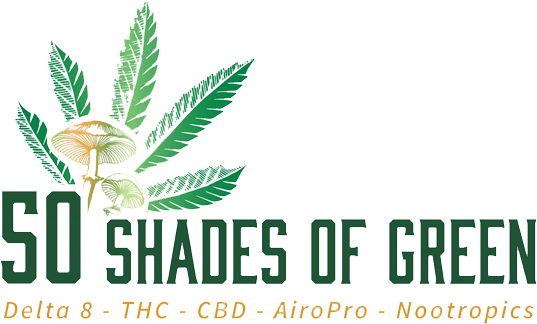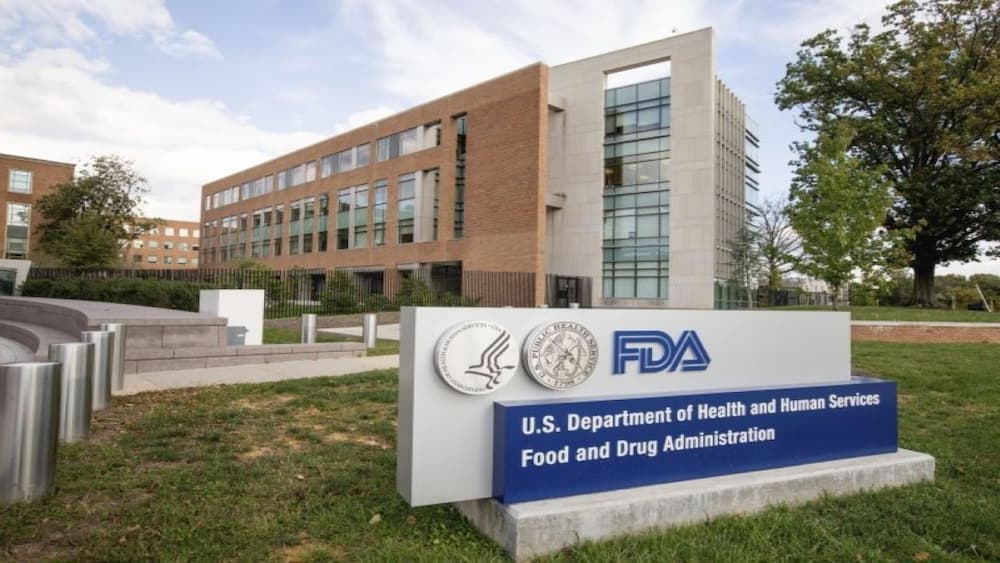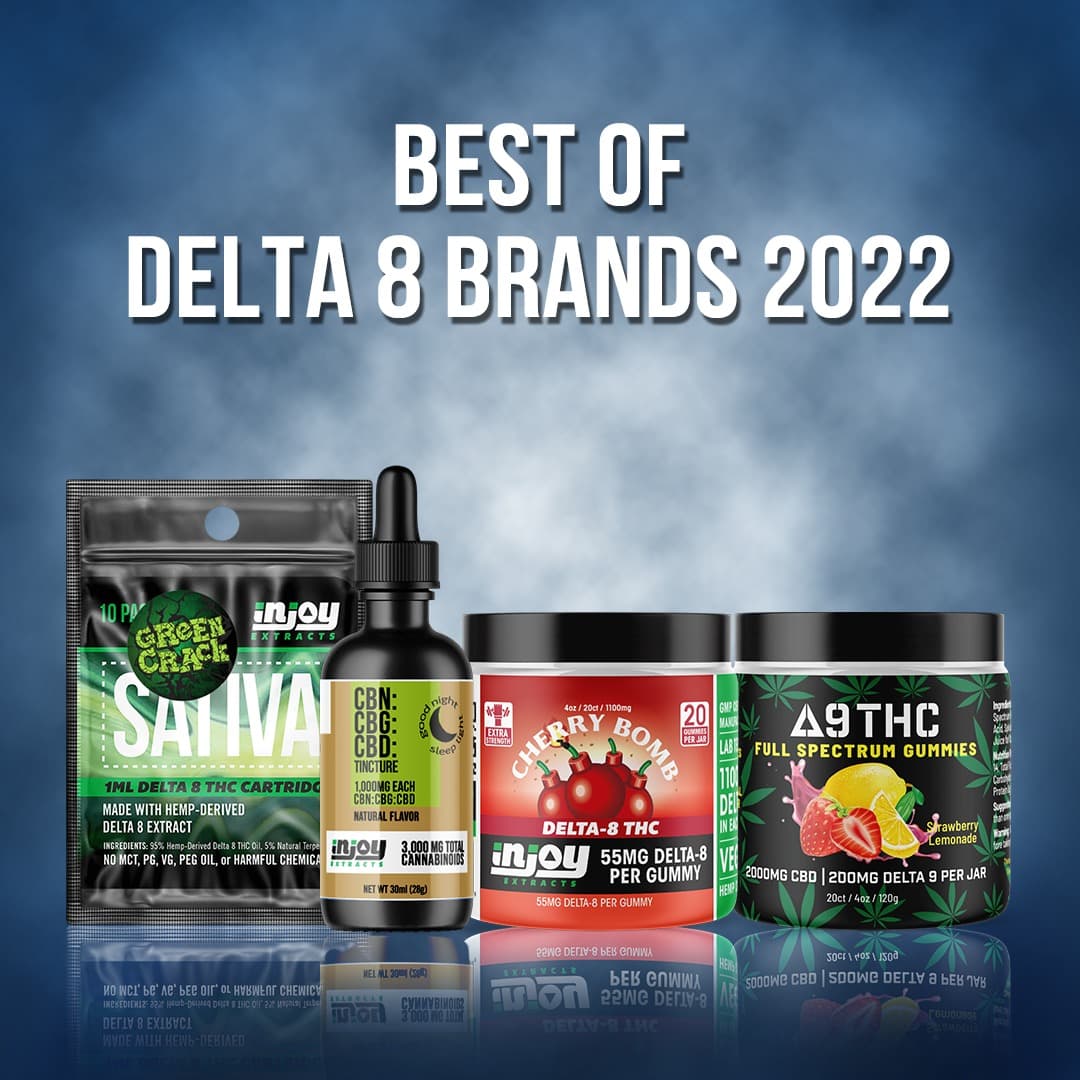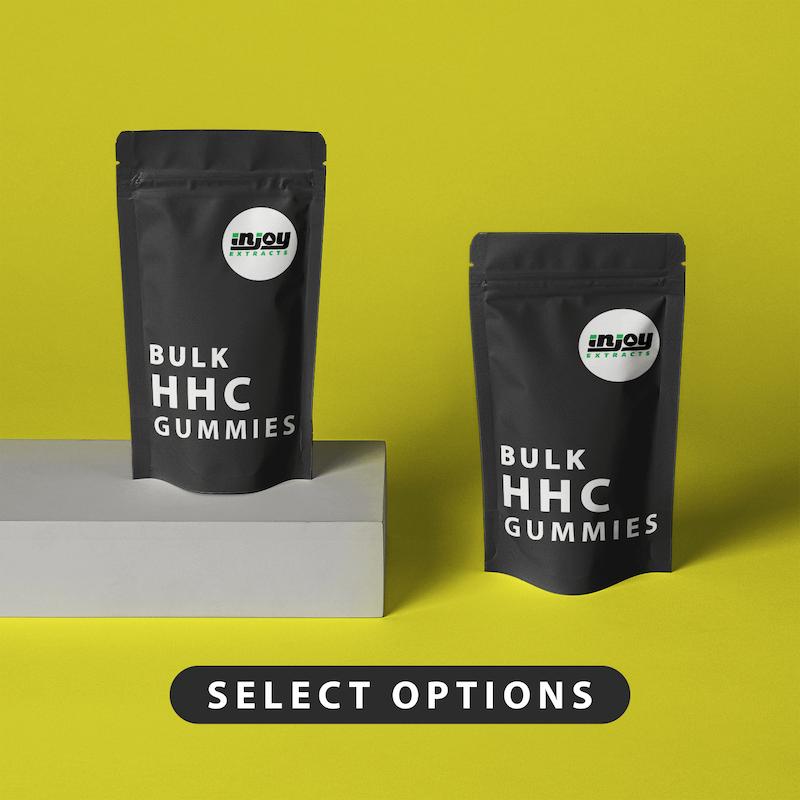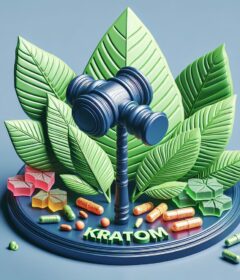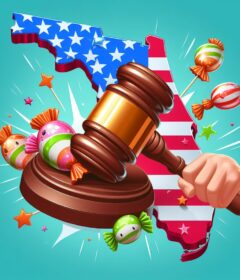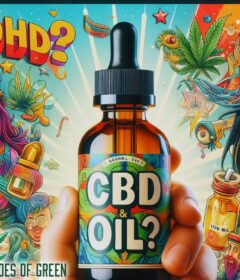CBD FDA Says Agency Considering “Flexibilities” Regulating Cannabis
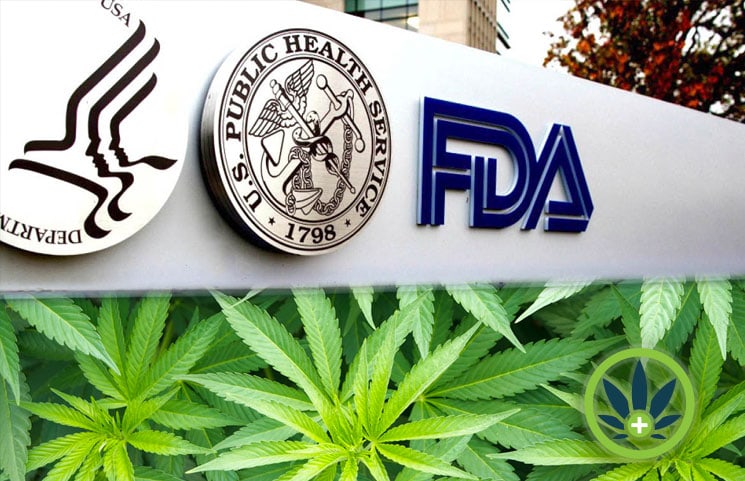
A CBD FDA disclaimer has long been sought-after approval by the FDA. Lately, the plethora of cannabis-related issues that the U.S. Food and Drug Administration is working on continues to grow, perhaps even in favor of a CBD FDA disclaimer and cannabis.
On Thursday, the FDA’s Principal Deputy Commissioner Janet Woodcock spoke during a virtual event hosted by the Council for Federal Cannabis Regulation. Woodcock is also the executive lead for the FDA’s Cannabis Product Committee, chaired by Patrick Cournoyer, who also spoke during the event.
Woodcock immediately acknowledged President Joe Biden’s historic announcements earlier in October that initiated a review of the federal scheduling of cannabis and pardoned those with federal cannabis possession records.
“We are working diligently on looking at the scheduling of marijuana under the Controlled Substance Act,” Woodcock said, and “what flexibilities we might have there. So that is a very high priority that the secretary of [Health and Human Services] is very interested in. We’re working closely with our partners at [the National Institute on Drug Abuse] and also with the assistant secretary for health.”
RELATED: Is Delta 8 Legal In Your State 2022?
Cannabis has been in Schedule I of the Controlled Substances Act, a category reserved for substances with the highest potential for misuse and no medical value, since the 1970s. Following Biden’s announcement, the FDA is undertaking a scientific review of cannabis, and it will then hand off its scheduling recommendation to the Drug Enforcement Administration. CBD exploded thanks to the Farm Bill, with many benefits being researched. Yet, CBD FDA Disclaimer status remains null, as the hemp industry continues to face hurdles.
Woodcock also gave an overview of the pathway to FDA approval for cannabis-derived drugs, a “well-defined role where we do drug development.”
But what about all of the other non-FDA-approved cannabis products that are on shelves from coast to coast, which is technically unregulated?
“We’re agnostic, in general, about cannabis,” Woodcock said. “But,” she added, “products that are contaminated with heavy metals or pesticides, products that are mislabeled as far as their content or overdoses, and so forth, these are products where we need to take action.”
A quick refresher on why the cannabis industry is so laser-focused on the FDA. In 2018, the Farm Bill legalized cannabis plants that contain .3% THC or less (also known as hemp). This includes hemp-derived cannabinoids, like CBD. And now the FDA is in charge of creating regulations for CBD products—for humans and animals, food and cosmetics, and the myriad uses in between.
RELATED: FDA Warns Companies Illegally Selling Products that Contain CBD
Meanwhile, and importantly, it needs to be noted that the Administration approved Epidiolex in 2018, a cannabis plant-derived medication containing CBD that is prescribed for severe epilepsy. Because pharmaceutical compounds—in this case, CBD—cannot be food additives or supplements, the approval of Epidiolex complicates the FDA’s work toward regulating products like foods and supplements that contain CBD, which, as Cournoyer noted, have grown in popularity across the U.S.
“This was identified right away as a barrier for the whole CBD market in so far as these products are marketed as dietary supplements,” Cournoyer said. “It raises the question, what do we do about this? What does the industry do about this since they face a primary legal barrier?”
To put it mildly, many cannabis industry stakeholders have become impatient with what they view as delays in the regulation of CBD. The lack of CBD FDA Disclaimer and overall acknowledgment is an outdated form of dissuading consumers.
